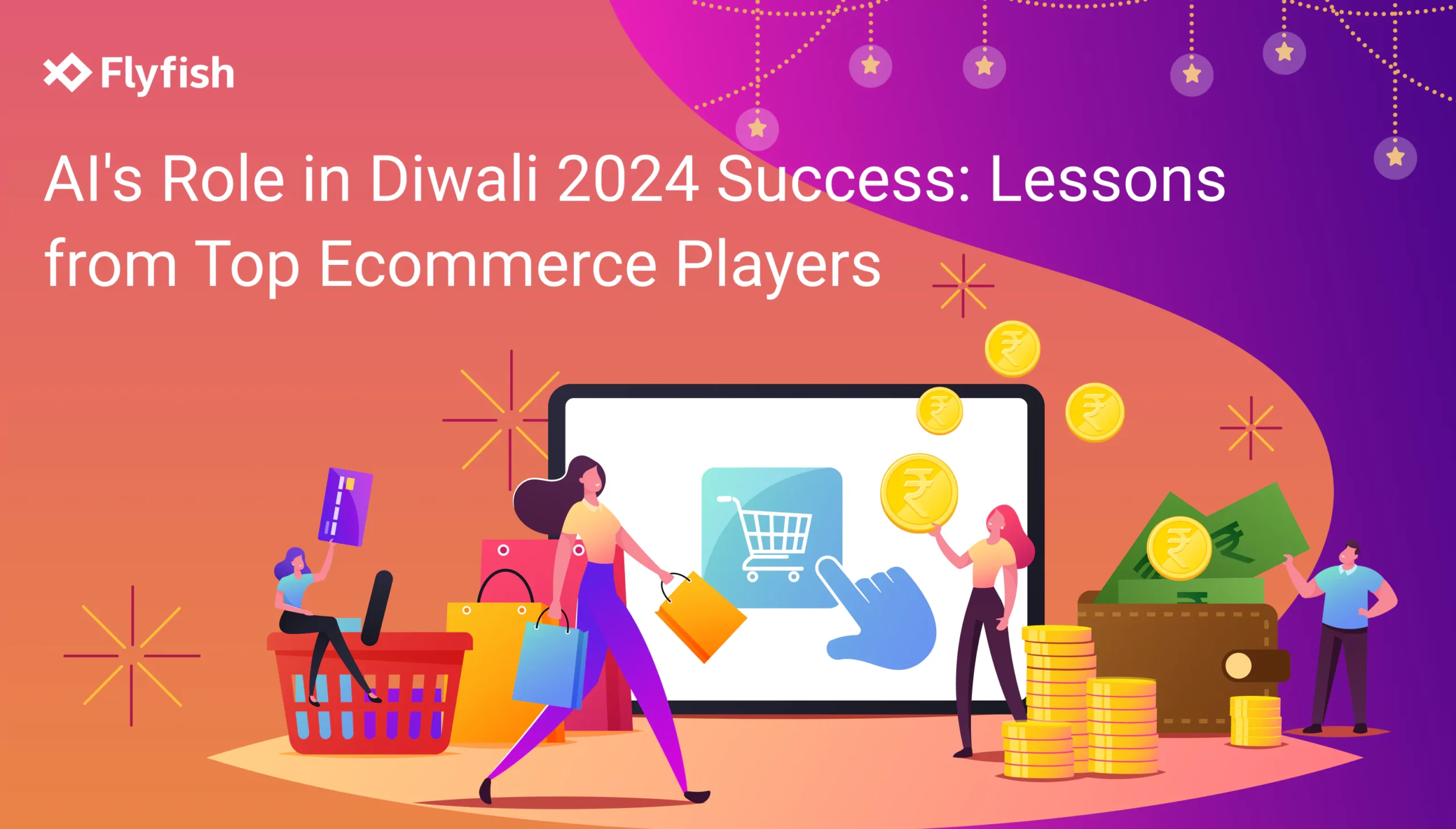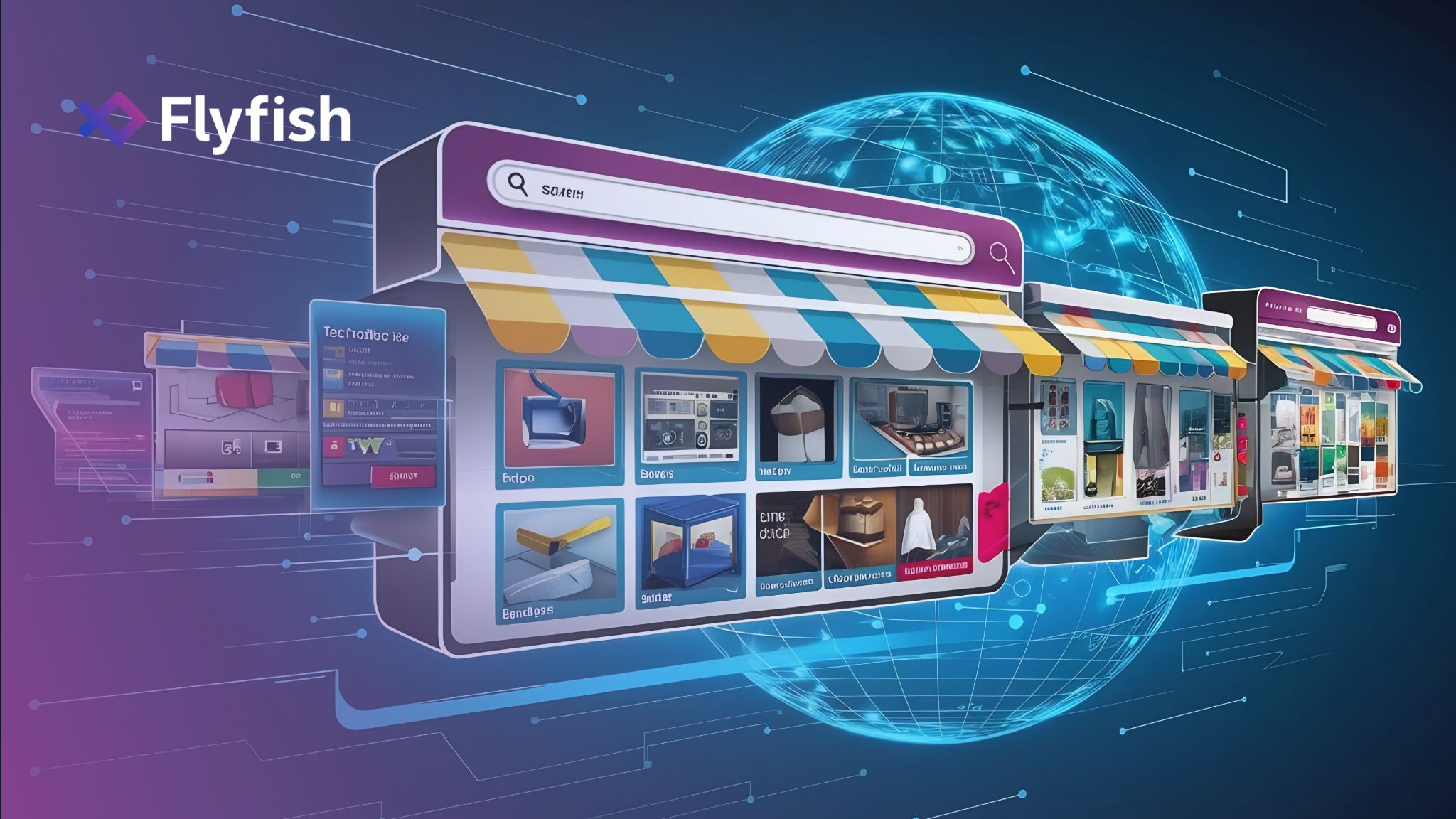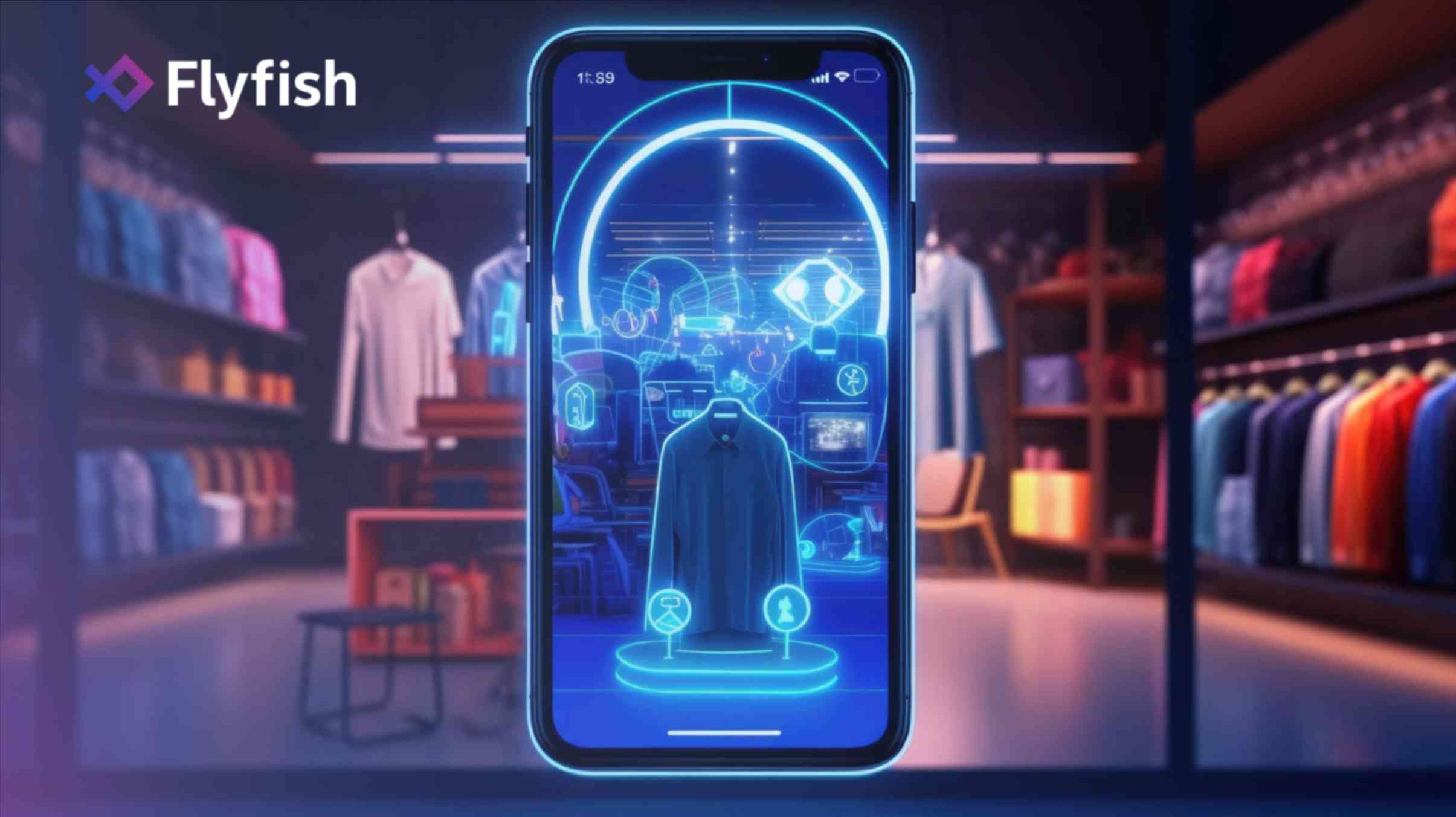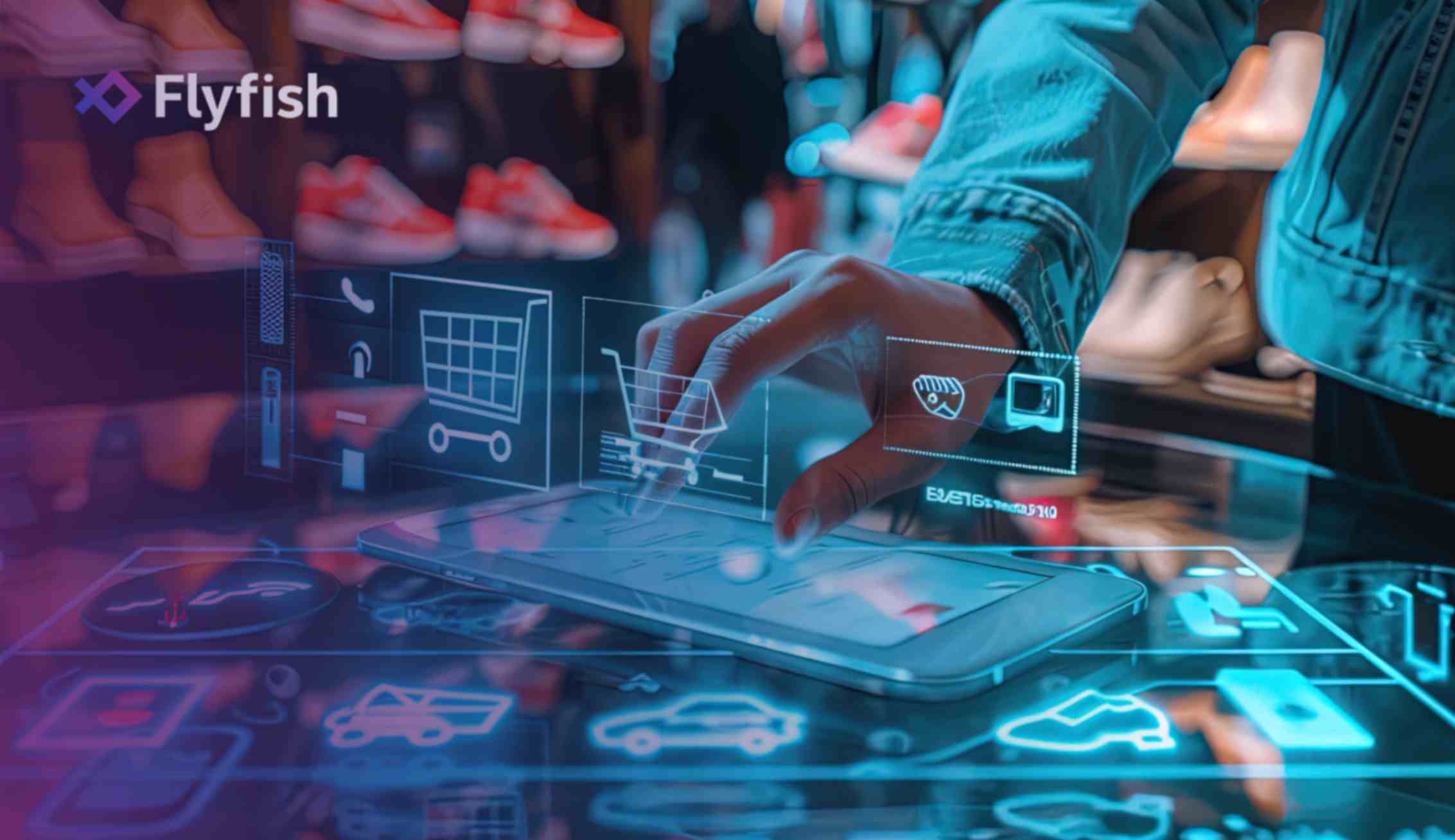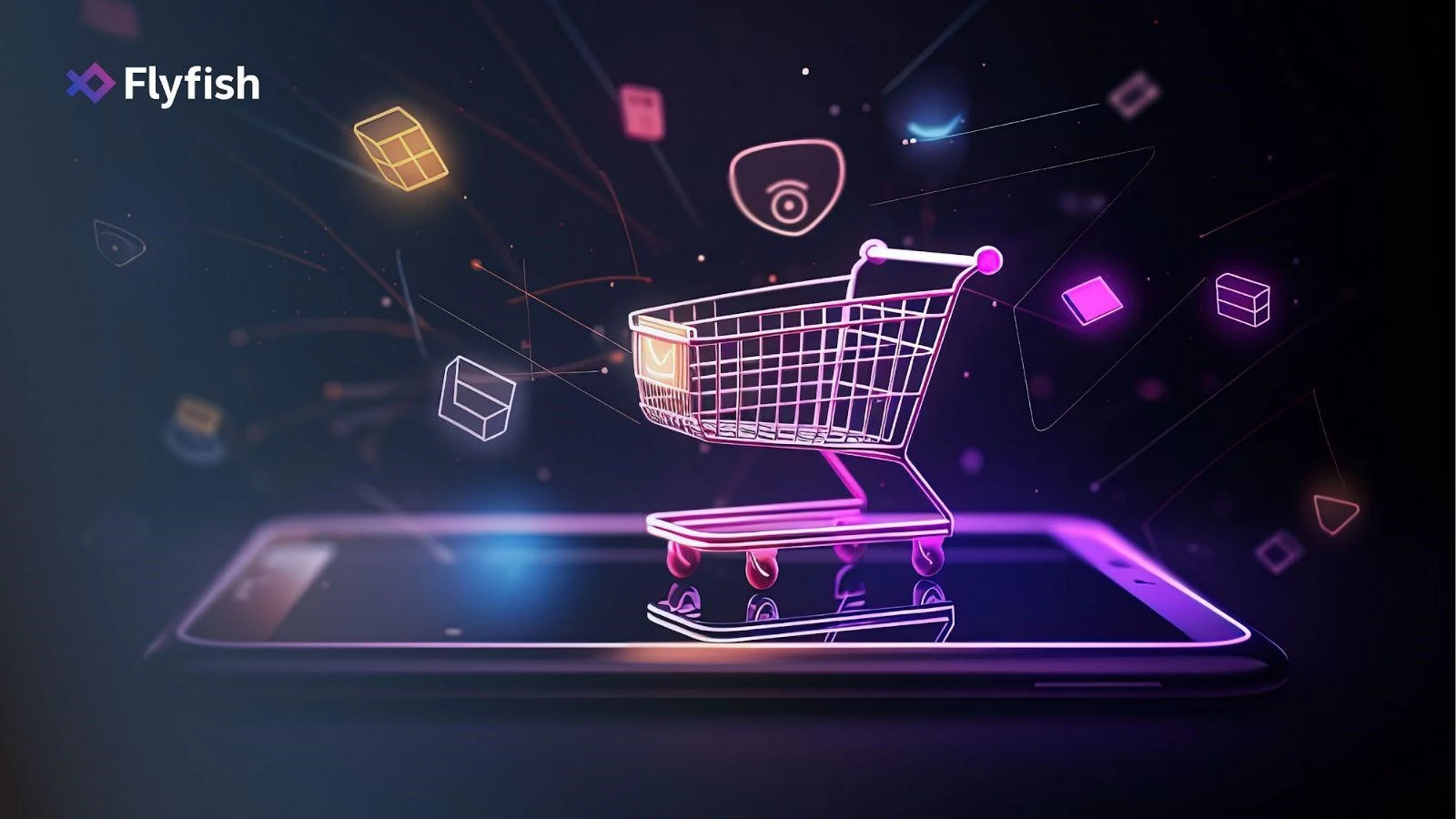
Introduction
According to Baymard Institute’s Research, the online shopping cart abandonment rate is nearly 70%. Surprised?
The golden ticket and solution to this issue is a smooth product discovery experience. But let’s be honest: Navigating endless product pages and generic search bars can feel like deciphering hieroglyphics.
Imagine walking into a clothing store where the salesperson only understood if you asked for a “blue shirt.” They couldn’t grasp if you wanted a button-down for work or a casual linen shirt for the beach.
That’s the reality of many ecommerce searches today. Traditional keyword-based systems struggle with understanding searcher intent and context.
Did you know that according to a study, 69% of shoppers abandon product pages due to insufficient product information?
This frustration applies across industries. In furniture, someone searching for a “dining table” might want a sleek modern piece or a classic farmhouse table.
In electronics, “headphones” could refer to anything from workout buds to noise-canceling over-ears.
Nonetheless, AI-powered contextual search looks beyond basic keywords to understand what customers really want, making shopping better and boosting sales.
Hence, there’s a disconnect between what shoppers crave and what traditional ecommerce offers. But fear not, weary online adventurer! Generative AI is here to bridge that gap and revolutionize the way you discover products.
Let’s see how it can help you find exactly what you’re looking for.
Why Is Finding the Perfect Product Online a Challenge?
Imagine you rush into a store, excited to find that cool new jacket you saw online. But instead of neat and organized shelves, clothes are everywhere! Shirts hang from the ceiling, jeans block the aisles, and socks spill out of bins.
And what about finding that jacket you wanted? It feels like searching for a needle in a haystack! Online shopping can be just as overwhelming with a ton of product recommendations. This is the reality of product discovery in many ecommerce stores.
Let’s examine the three main challenges that hinder the online shopping experience:
- Information overload
Millions of products compete for a shopper’s attention. Looking through endless categories, subcategories, and irrelevant search results becomes mind-boggling.
“In today’s digital world, online shoppers are bombarded with choices,” says Neil Patel, a renowned digital marketing strategist. Thus, the critical challenge for ecommerce businesses is to cut through the noise and help customers precisely find what they’re looking for in an instant.
- Lack of personalization
Generic product recommendations frequently fail to hit the mark. Imagine searching for a casual summer dress, only to be bombarded with formal wear or winter jackets. This impersonal approach fails to cater to individual needs and preferences, leading to frustration and a disconnect with the brand.
“Personalization is no longer a luxury; it’s an expectation,” argues Tracey Xie, CMO at Shopify. Hence, by leveraging data and customer insights, ecommerce businesses can create personalized experiences that resonate with individual shoppers and drive sales.
- The impersonal nature of online shopping
Unlike a physical store where a friendly salesperson can guide you, online shopping can feel isolating. The inability to touch, feel, or try on products creates uncertainty and hesitation. Without personalized recommendations or engaging product descriptions, discovering new and exciting items becomes a chore.
“Recreating the serendipity of browsing in a physical store online is a must,” explains Smith, a user experience designer. Therefore, engaging content, high-quality visuals, and interactive features can help bridge the gap and make online shopping more enjoyable for customers.
These challenges directly impact consumer satisfaction and a business’s bottom line. When customers struggle to find what they’re looking for, high bounce rates and abandoned carts can occur. Hence, a frustrating product discovery experience translates to lost sales and missed opportunities for customer loyalty.
Benefits of Gen AI in Ecommerce Product Discovery
It’s time to forget browsing fatigue! Generative AI acts like a mind-reading shopping assistant, using data and smarts to personalize your ecommerce product discovery journey. It is highly crucial for companies aiming to get the most out of their investments or to improve their outcomes to use generative AI as ecommerce keeps changing.
Big players in the industry are leading this change, using generative AI to grow, make customers happier, and stay ahead of others.
Now, let’s explore the specific benefits of Gen AI in ecommerce product discovery:
- Effortless Shopping: No more endless browsing! Generative AI analyzes your past purchases, browsing history, and even social media activity to recommend products you’ll genuinely love.
- Smarter Recommendations: Say goodbye to irrelevant suggestions. Generative AI goes beyond simple keyword searches, understanding your needs, and recommending complementary items you might not have considered.
- A Shopping Experience You Crave: Discover hidden gems and find exactly what you’ve been searching for. Generative AI personalizes your journey, leading to increased engagement and conversion rates.
The result? A personalized shopping experience that feels like magic. You’ll find what you need faster, discover exciting new products, and leave feeling satisfied and loyal.
4 Ways Generative AI Transforms Ecommerce Product Discovery
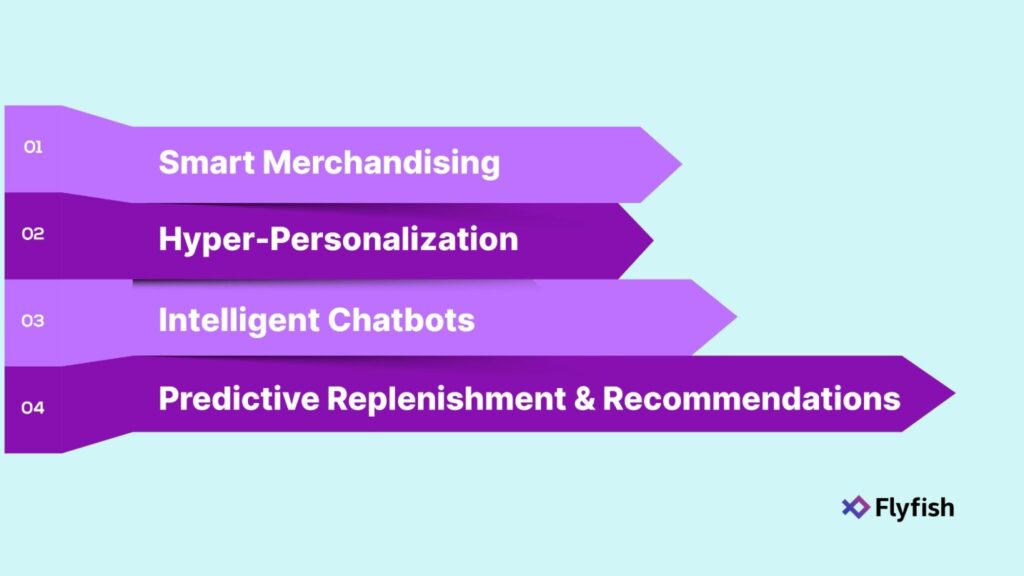
Forget the inefficiencies of traditional search. Generative AI is here to streamline ecommerce, helping customers find exactly what they need – faster and with greater satisfaction. Here’s how this powerful tool is transforming ecommerce product discovery:
1. Smart Merchandising
Static product listings are a thing of the past. Generative AI enables smart merchandising, like crafting dynamic product pages based on customer behavior and trends.
A study by McKinsey & Company found that personalization can increase sales by up to 80%. Hence, dynamic product pages powered by generative AI are a prime example of this. Imagine a running shoe page that highlights waterproof styles during rainy seasons. It also suggests complementary socks based on chosen color schemes. This enhances the personalized shopping experience, increasing sales by catering to specific needs and preferences.
2. Hyper-Personalization:
Forget one-size-fits-all recommendations. Generative AI enables hyper-personalization, analyzing browsing habits, social activity, and past purchases for tailored recommendations.
74% of customers feel frustrated when website content is not personalized. Generative AI allows ecommerce stores to showcase products that resonate deeply with each customer, leading to higher conversion rates and reduced customer frustration.
3. Intelligent Chatbots
Imagine having a knowledgeable shopping assistant at your fingertips 24/7. Generative AI powers chatbots that understand natural language. They can answer customer queries about products, recommend personalized options, and even guide them through the buying process.
According to a study by Drift, 67% of customers prefer using chatbots for simple inquiries. Generative AI makes this personalized interaction possible, leading to increased customer satisfaction and loyalty and reducing the burden on customer service teams.
4. Predictive Replenishment & Recommendations
Generative AI can analyze past purchase data and predict future needs. This allows ecommerce stores to recommend complementary products proactively (boosting sales) or suggests restocking essential items before they run out (improving customer experience).
According to a study by Invesp, 35% of online shoppers abandon carts due to out-of-stock items. Generative AI can prevent this by predicting inventory needs, not only improving customer experience but also optimizing inventory management and boosting sales.
Start Transforming Your Ecommerce Experience with Flyfish
As we learned the transformative potential of generative AI for ecommerce, it’s clear that the future of online shopping lies in personalization, efficiency, and an enriched customer experience. If you’re ready to take your digital storefront to the next level, Flyfish is here to guide you through the next steps.
Flyfish is a transformative platform powered by AI search that turns online stores into personalized shopping experiences. It offers consultative guidance through search, tailored recommendations, and conversational commerce.
Here’s why Flyfish is the best:
- Enhanced Product Discovery
Flyfish leverages generative AI to understand your customers’ needs and buying habits. Imagine a contextual search that goes beyond keywords, suggesting complementary items and inspiring new purchases. This personalized approach keeps customers engaged and leads them quickly to exactly what they’re looking for.
- Tailored Recommendations
Flyfish uses generative AI to analyze customer behavior and past purchases, delivering personalized recommendations that feel hand-picked just for them. This not only increases customer satisfaction but also boosts sales by surfacing products with high purchase intent.
Contact sales now for a customized Flyfish demo!
In a Nutshell
Generative AI is poised to revolutionize ecommerce product discovery.
By understanding user intent, enriching product information, and personalized shopping experience, Gen AI can dramatically improve customer satisfaction and conversion rates. For retailers seeking a competitive edge, implementing Gen AI is no longer a question of if. It is all about when. With its cutting-edge technology and dedication to innovation, Flyfish stands out as the ideal partner to help you tackle the power of Gen AI and transform your ecommerce business.
Happy Customers, Happy You: Try Flyfish for Frictionless Shopping!








